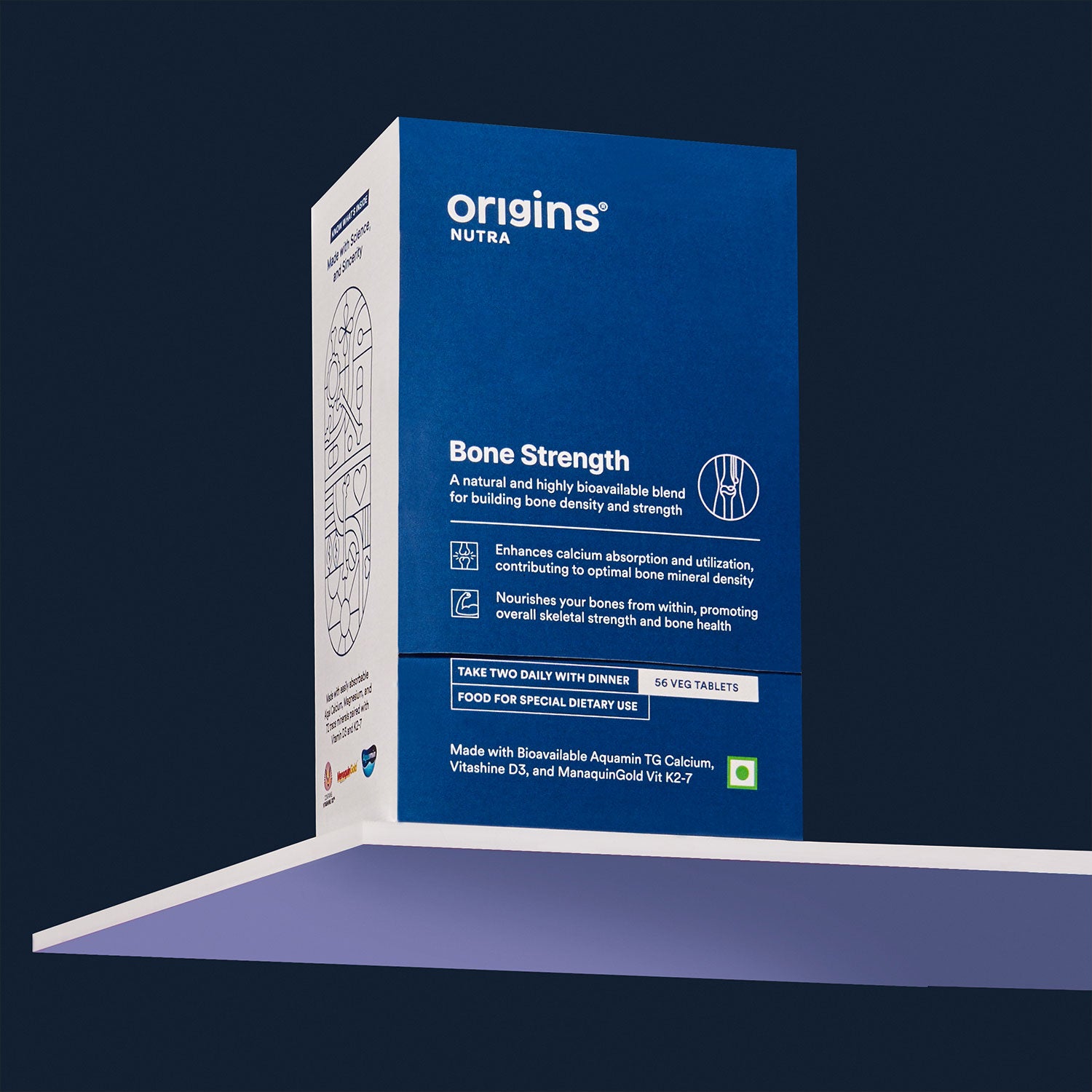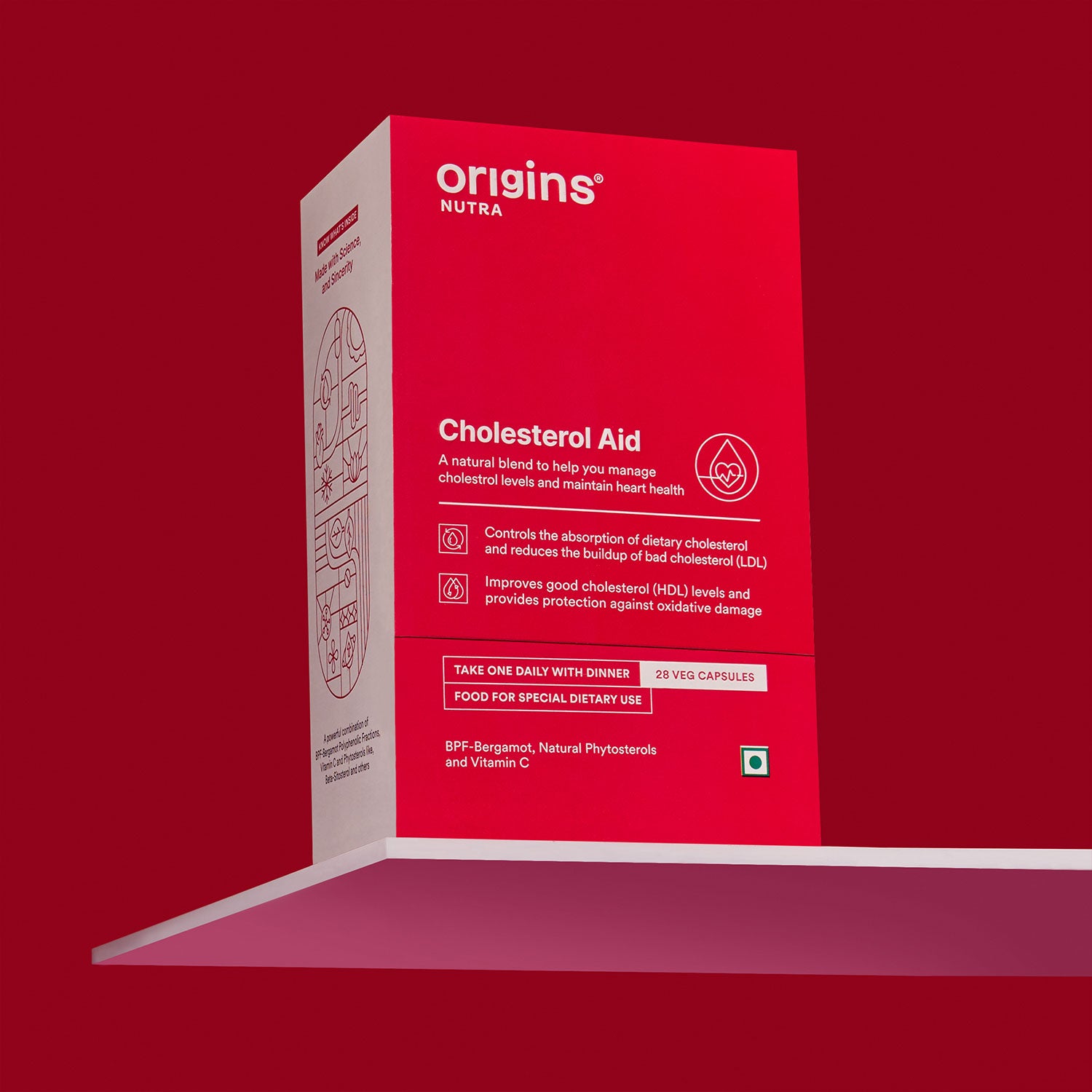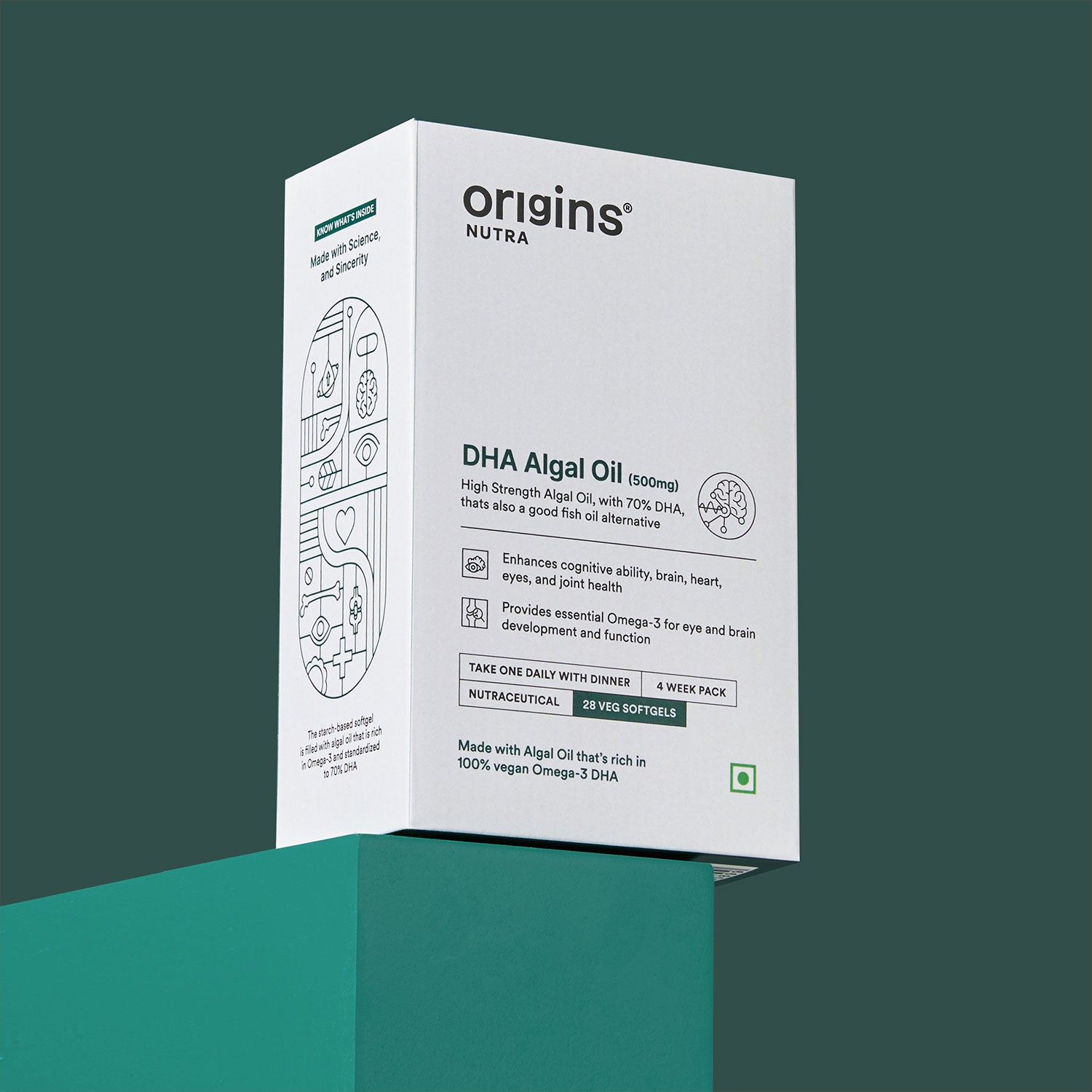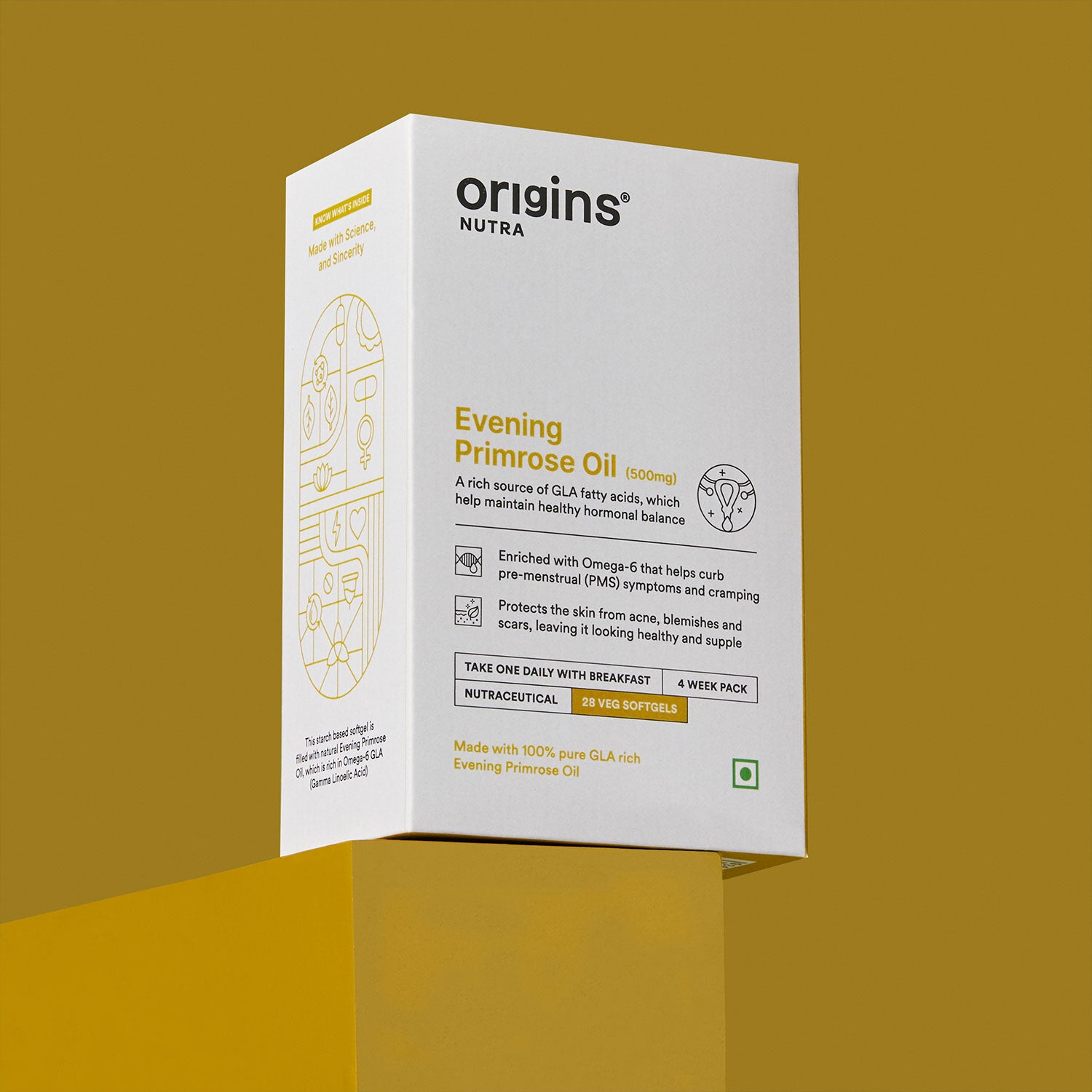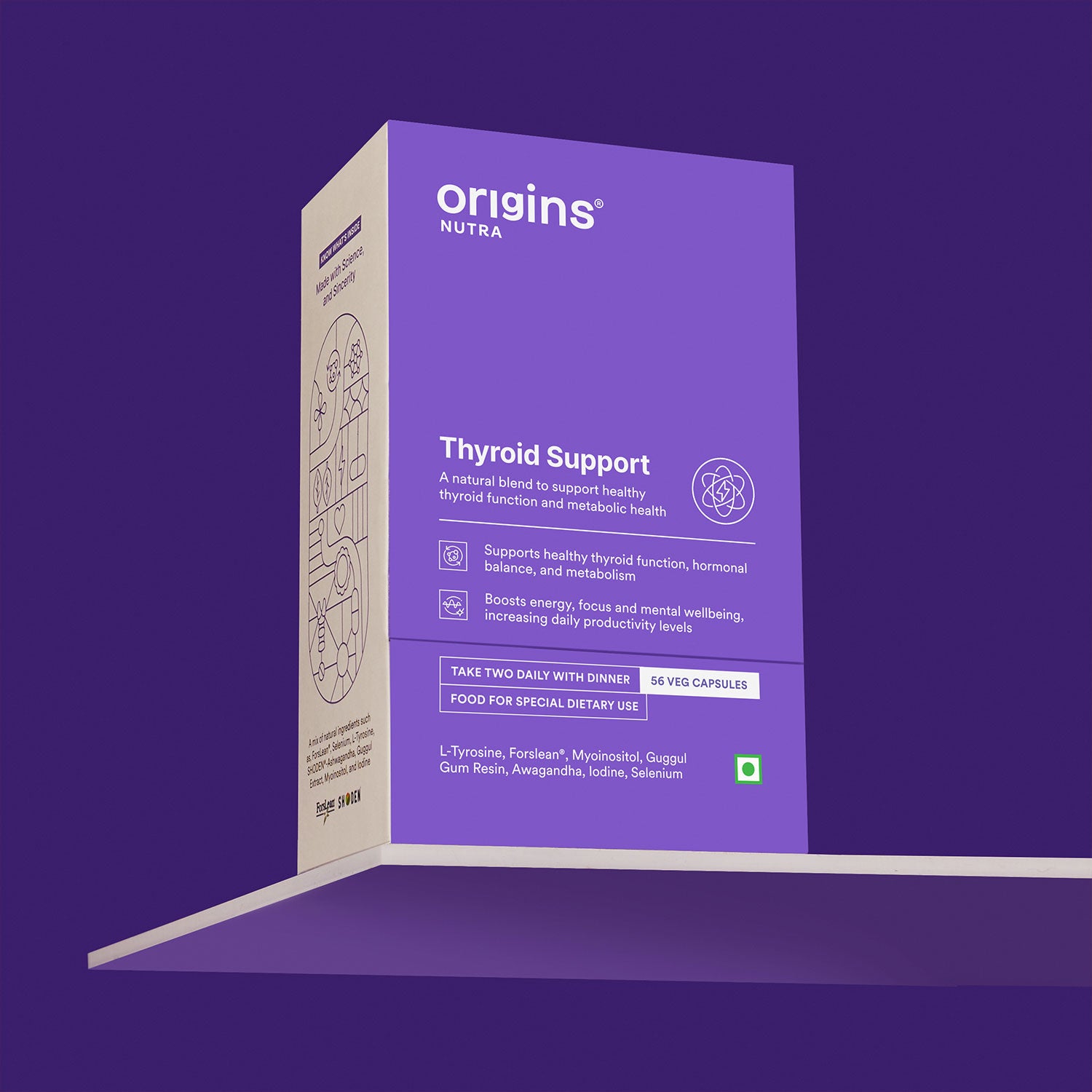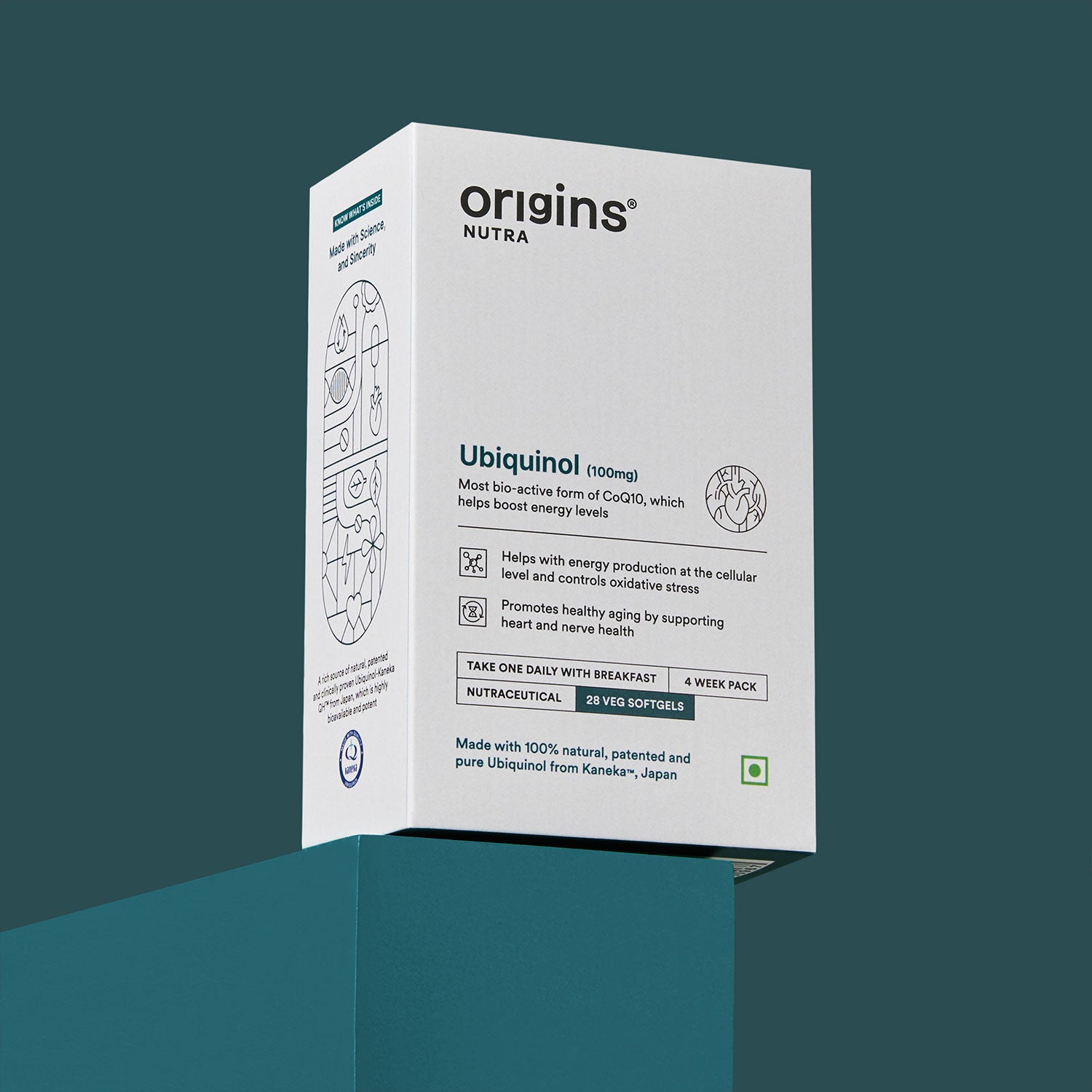Omega-3 Fatty Acids: A Deep Dive Into Their Importance
Introduction | Omega-3 Sources | Benefits | Options | Sustainability and Bioavailability | Conclusive Advice
Omega-3 Fatty Acids: A Deep Dive Into Their Importance
Omega-3 fatty acids are crucial for our health, serving vital roles in cellular structures, heart health, and brain function. Their significance spans across various physiological functions, making them indispensable for maintaining optimal health.
Introduction to Omega-3 Fatty Acids
Omega-3 fatty acids, specifically EPA and DHA, are fundamental for our body's well-being. They are essential for the structural integrity of cell membranes, support cardiovascular health by regulating blood clotting, reducing triglycerides, and are vital for cognitive functions and mental health.

Sources of Omega-3s
Omega-3 fatty acids are found in a variety of foods. Fatty fish like salmon and trout are rich in EPA and DHA. For vegetarians, flaxseeds and walnuts provide ALA, a precursor to EPA and DHA, though the conversion efficiency varies among individuals.

Benefits of Omega-3s
- Cardiovascular Health: Omega-3s help manage blood pressure and triglyceride levels, reducing the risk of heart diseases.
- Cognitive Function: DHA is crucial for brain health, supporting cognitive performance and mental well-being.
- Anti-inflammatory Effects: Omega-3s have anti-inflammatory properties, essential in reducing inflammation and chronic diseases.

Understanding Your Omega-3 Options
Diverse sources of omega-3s include:
- Fish Oil: Derived from fatty fish, rich in EPA and DHA.
- Krill Oil: Extracted from krill, contains omega-3s in phospholipid form, potentially offering better absorption.
- Algae Oil: A plant-based source of DHA and EPA, suitable for vegetarians and vegans, promoting sustainability.

Sustainability and Bioavailability
Algae oil is highlighted for its sustainability and minimal environmental impact. Studies indicate that omega-3s from algae oil are as bioavailable as those from fish oil, making it an effective alternative for meeting omega-3 needs.
Conclusive Advice
Incorporating omega-3 fatty acids into your diet is crucial for health. Whether choosing fish oil, krill oil, or algae oil, it's essential to consider personal health goals and dietary preferences. Consulting with a healthcare provider can offer tailored advice to ensure an informed approach to omega-3 supplementation.



